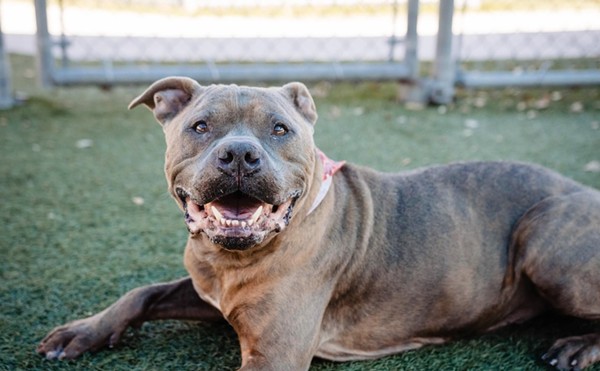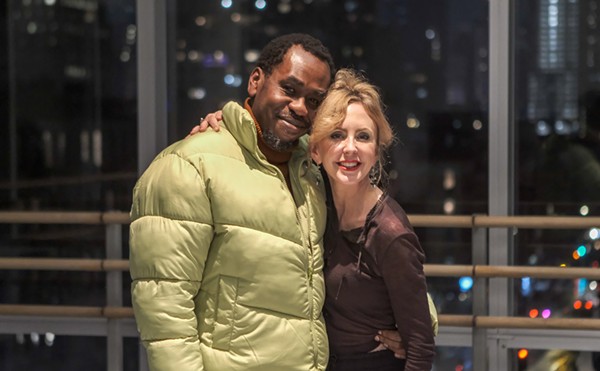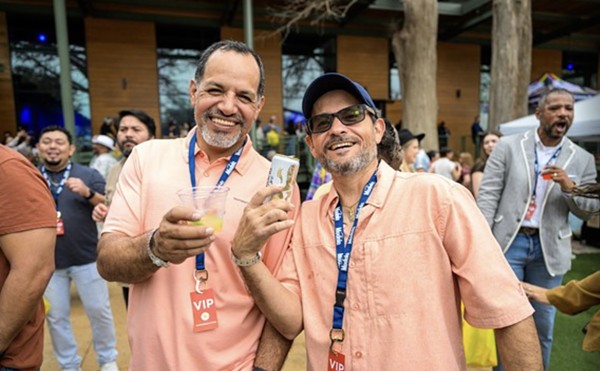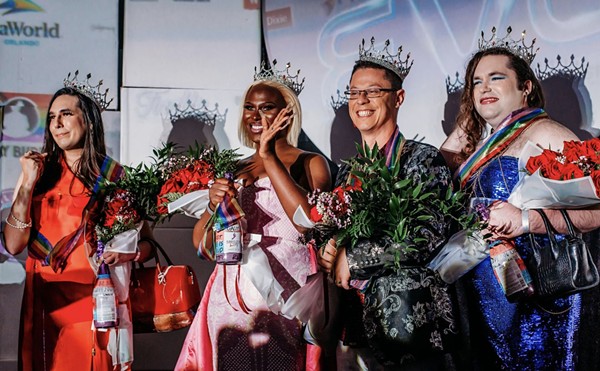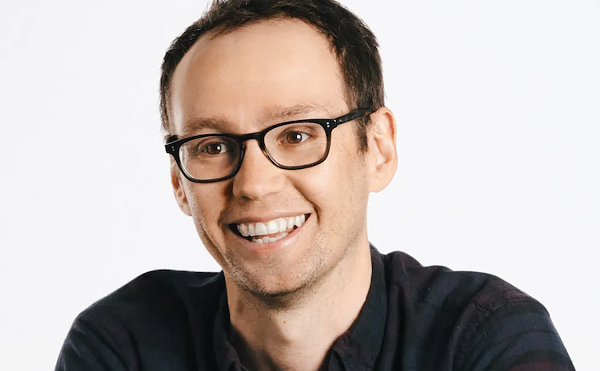In the six years since the attacks of Sept. 11, 2001, the Western world has been through a crash course on terrorism and radical Islam at its bookstores. And it's not just journalists or historians doing the teaching. A growing number of novels have addressed the fallout of terrorism, from John Updike's Terrorist to Jonathan Safran Foer's Extremely Loud & Incredibly Close.
But now we have a literary first: a novel about post-9/11 America by a Muslim writer. Right away he is singing a slightly different tune.
"As horrible and wrong as they were," Mohsin Hamid says, "the attacks of 9/11 were a voice in a conversation. Something terrible was speaking to America, and immediately it was taken in at political levels which responded, ‘We don't want to hear that.'"
When Susan Sontag made similar comments in The New Yorker two weeks after the attacks, she was widely criticized as unpatriotic and inappropriate.
Sitting at a hotel bar in lower Manhattan, Hamid, 36, believes now is the time for that conversation to be picked up again. He hopes his second novel, The Reluctant Fundamentalist, recently short-listed for England's Man Booker Prize, will help.
The novel unfolds in the voice of Changez, a Pakistani man in a Lahore cafe, telling his life story to an off-stage American, who may — or may not — be a CIA agent come to kill him. Over a series of short, monologue-like chapters, Changez describes how he traveled to America on a scholarship, performed well enough at Princeton to earn a coveted consulting job and then quickly climbed the corporate ladder.
But Changez becomes so obsessed with fitting in he loses himself — a fact mirrored by the desperate lengths to which he goes to secure the affection of a white American woman.
"It's not the story of someone who begins hating something," says Hamid, eager to make it known this is not an America-bashing book. "It's somebody who loves something so much that they are willing to do things which, upon reflection, when their love is rejected, feel demeaning."
Hamid knows how Changez feels. He moved to the United States to attend Princeton University and Harvard Law School, later working for some years at the McKinsey consulting group in Manhattan — a famously competitive firm.
Hamid says burnout — and a feeling of having sold out — was endemic. As a Pakistani man, though, Hamid's malaise had a sharper, more intimate angle. He watched as the United States used its power to leverage Pakistan in its nuclear race with India. Like his character, he was mistaken for being Arab. Watching post-9/11 America cheer on the invasion of Muslim countries was painful.
It was doubly painful because Hamid had lived in California as a boy. His family returned to Pakistan, but he came to the States for college. To this day, he says, "I cannot separate my Americanness out of me."
Hamid believes what's true about himself goes for the world at large, even the parts that look on the United States with disgust. There are even American echoes in the tenets of radical Islam, especially, he believes, martyrs who cast themselves as heroes.
"Much of the world thinks of itself in filmic, narrative and cultural ways that are heavily influenced by America," he says. The bombers think of themselves as "the knights errant of the modern day. Instead of slaying dragons, they slay 3,000 innocent people. The failure to grasp the Americanness of all this means the U.S. doesn't get what's going on."
He stresses that the suicide bombers are not "robots from another cultural world … they are from the same world as us — with some differences."
Hamid, who now works part-time at a brand-management agency in London, knows that what he is embarking on with this novel is a rather large shift in American thinking, and he knows there are hurdles. For instance, what he perceives to be the U.S. media's one-note portrayal of Arabs and Pakistanis.
"Our No. 1 television talk-show host in Pakistan is a transvestite," Hamid says. "We have a huge indie-rock band scene, we've got fashion models wearing next to nothing on catwalks; we've got huge Ecstasy-fueled raves." But you don't see these things on American TV, he points out. We get "the guys in the caves instead."
For all the personal or imaginative narratives about Islam to emerge since Sept. 11, all too often, Mr. Hamid feels, they come from a certain perspective. "The ones `Americans` read are now almost solely from people who have chosen, often through the result of very unfortunate circumstances, to utterly reject that aspect of themselves. Ayaan Hirsi Ali or Salman Rushdie stories — it's the we-hate-Islam Muslims."
Or John Updike's Terrorist, a book Hamid read with frustration. "What's interesting about Terrorist is how deeply such a talented and gifted novelist can fail at a project," Hamid argues. "He fails for the same reason that America as a project fails: That leap of empathy is just one step too far."
The Reluctant Fundamentalist is his attempt to make the leap a little shorter, to be a bridge across a chasm that has been filled, already, with rhetoric. At less than 200 pages, it's not much — but it's something.
John Freeman is president of the National Book Critics Circle.
[email protected]



